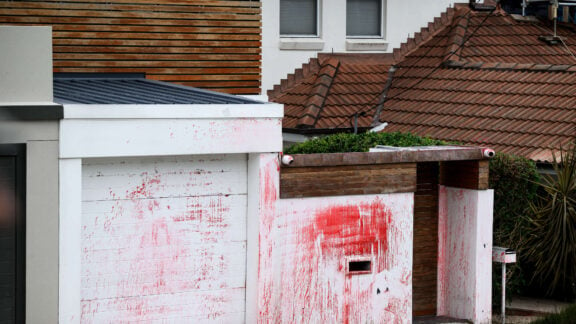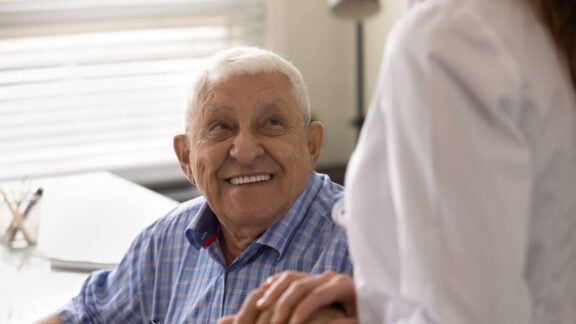We are not even half way through January and Australia’s major cities are massively overwhelmed due to COVID-19.
As health authorities scramble to manage hospitalisations and testing demand, Victoria recorded 44,155 new COVID-19 cases, four deaths. Of these, 22,051 were reported from rapid antigen tests.
COVID-19 commander Jeroen Weimar explained that about half of PCR test results are being returned within 48 hours, thus, half are taking longer than two days to process. In today’s numbers, about 9,000 cases came from rapid antigen tests done yesterday. That means the some 13,000 remaining RATs reported as part of today’s case numbers were done in the days prior.
We thank everyone who got vaccinated and tested yesterday.
Our thoughts are with those in hospital, and the families of people who have lost their lives.
More data soon: https://t.co/OCCFTAtS1P#COVID19Vic #COVID19VicData pic.twitter.com/QupCrbyW38
— Victorian Department of Health (@VicGovDH) January 8, 2022
Meanwhile, NSW recorded 30,062 new infections and 16 deaths. NSW Health says those who died were in their 60s, 70s, 80s and 90s. There are now 1,927 people in hospital with the virus, 151 of whom are in the ICU.
This case number solely includes PCR tests, not rapid antigen tests.
Moreover, the NSW government has introduced new isolation exemptions for critical workers in the food logistics and manufacturing sectors who become close contacts. Similarly to health workers, they will be permitted to leave self-isolation and attend work as long as they have no symptoms of COVID-19 to ensure the state has continued access to essential goods amid mass shortages of products in all supermarkets across the country.
NSW COVID-19 update – Sunday 9 January 2022
In the 24-hour reporting period to 8pm last night:
– 95.1% of people aged 16+ have had one dose of a COVID-19 vaccine
– 93.7% of people aged 16+ have had two doses of a COVID-19 vaccine pic.twitter.com/rFdYLz5wUy— NSW Health (@NSWHealth) January 8, 2022
Finally, Tasmania’s daily COVID-19 tally is in, with 1,406 new cases detected overnight. It brings active cases in the state to beyond 7,000.
As Australia counts its infection numbers, supermarkets nationwide become increasingly short-staffed. Many stores in main cities are experiencing shortages in dairy, meat and poultry as well as cleaning and medical products. This comes as the farming, meat and trucking industries suffer from lack of available employess.
More to come.









